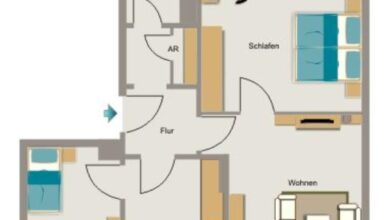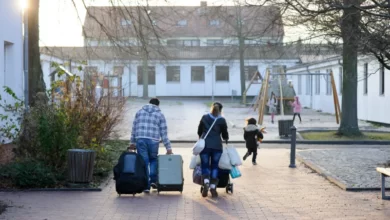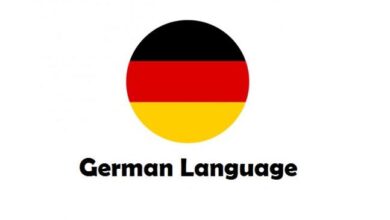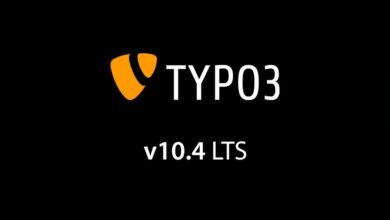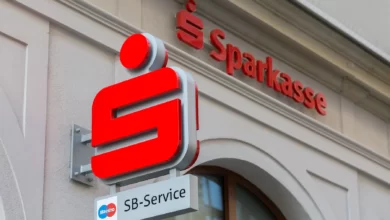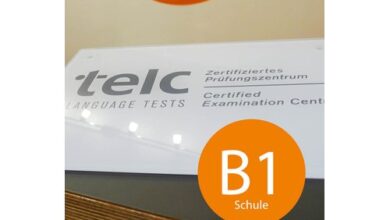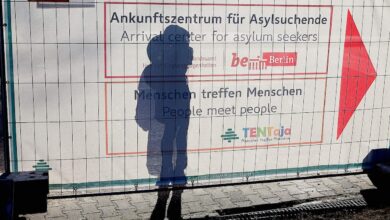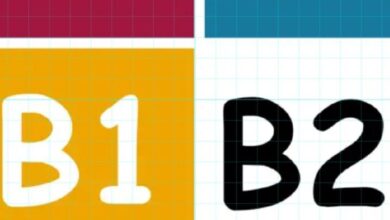Residence Permits in Germany: Unveiling the Distinctions Between One-Year and Three-Year Residency
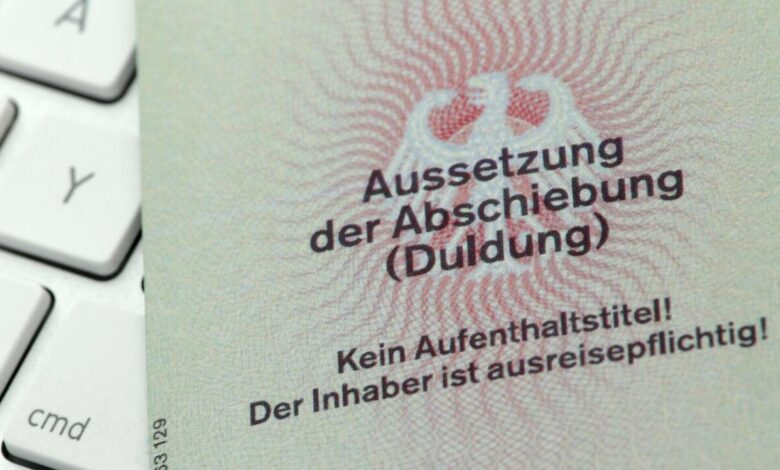
Germany is a sought-after destination for individuals seeking refuge, employment, or educational opportunities. Depending on their circumstances, newcomers can be granted different types of residence permits. In this exclusive article, we will explore the distinctions between two common types: the one-year residence permit and the three-year residence permit in Germany. Understanding these differences is crucial for those navigating the complex immigration process.
The One-Year Residence Permit
1. Temporary Stay and Asylum Seekers
- The one-year residence permit is often granted to individuals seeking temporary stay in Germany. This category includes asylum seekers awaiting a decision on their asylum application. It allows them to reside legally in the country while their case is being reviewed.
2. Subsidiary Protection
- In some cases, individuals may receive subsidiary protection, which grants them a one-year residence permit. Subsidiary protection is typically awarded to individuals who do not qualify for full refugee status but still face a significant risk in their home country. This permit allows them to stay temporarily in Germany.
3. Humanitarian Reasons
- For individuals with special humanitarian reasons, such as medical treatment not available in their home country, a one-year residence permit may be granted. This permit can be renewed annually based on the ongoing need for humanitarian support.
4. Limited Integration Support
- Those with a one-year residence permit often receive limited support for language courses and integration programs. The focus is on addressing immediate needs and circumstances.
The Three-Year Residence Permit
1. Work and Study Purposes
- The three-year residence permit is typically granted to individuals who intend to work or study in Germany. This permit allows for a longer stay in the country and is often issued to skilled workers, students, or researchers.
2. Family Reunification
- Family members of German citizens or individuals with long-term residence permits in Germany may receive a three-year residence permit for the purpose of family reunification. This allows families to live together in Germany for an extended period.
3. Integration and Stability
- Individuals with a three-year residence permit often receive more comprehensive support for integration. This includes access to longer and more in-depth language courses and cultural orientation programs to facilitate their integration into German society.
4. Renewal and Permanent Residency
- After three years, individuals with this permit may be eligible to apply for a more permanent residence permit, such as a settlement permit (Niederlassungserlaubnis), if they meet certain criteria, including language proficiency and financial stability.
In Germany, residence permits are granted based on individual circumstances, needs, and intentions. Understanding the difference between a one-year and a three-year residence permit is essential for newcomers as it determines their rights, responsibilities, and access to integration programs. Whether you are seeking refuge, pursuing education, or planning to work in Germany, the type of residence permit you hold can significantly impact your experience and future prospects. By providing this exclusive insight, we aim to empower individuals with the knowledge needed to navigate the German immigration system and make informed decisions regarding their residency in this diverse and welcoming nation.




